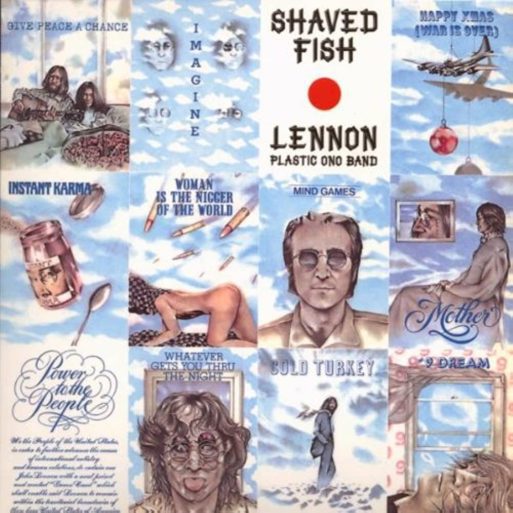 “Instant Karma” was one of the first songs John Lennon released after parting ways with the Beatles in 1970. Like much of his work, it deals with complex, philosophical themes — in this case, the concept of karma — using simple, universal language. This was what made so many of Lennon’s songs become cultural anthems: He kept the message simple, as in “All You Need is Love” and “Give Peace a Chance.”
“Instant Karma” was one of the first songs John Lennon released after parting ways with the Beatles in 1970. Like much of his work, it deals with complex, philosophical themes — in this case, the concept of karma — using simple, universal language. This was what made so many of Lennon’s songs become cultural anthems: He kept the message simple, as in “All You Need is Love” and “Give Peace a Chance.”
“Instant Karma” brings this powerful simplicity to one of the most fraught and daunting topics of all time: our own mortality. The song wastes no time in getting its point across with these opening lines:
Instant karma’s going to get you
Going to knock you right on the head
You better get yourself together
Pretty soon you’re going to be dead
Lennon doesn’t sugarcoat the message, but the tone of the song is resoundingly joyful. The melody revolves around a simple chord structure and a playful, though almost marchlike, beat. Rather than a grim musing on moral duty or cosmic consequences, Lennon’s lyrics seem more like a call to live fully while we have the chance. That means making the most of the joys we’re given, but it also means being kind to one another. Get yourself together, darling — join the human race.
Although the references to mortality are clear, Lennon titled the song “Instant Karma” for a reason. The song speaks to what hangs in the balance not just in some hazy afterlife, but here and now. The knowledge of death is all the more reason to “recognize your brothers and everyone you meet” while there’s still time to do so.

The John Lennon Memorial Garden in Durness, Scotland
Credit: Ivan Hall
If anything, in fact, “Instant Karma” seems to assure us that our fear of death is an unnecessary shadow over the things that really matter. In the chorus, a triumphant blend of voices chants these words:
Well, we all shine on
Like the moon and the stars and the sun
Well we all shine on
Everyone, come on
Although it would be another 10 years before Lennon’s untimely death, there was already a seriousness and urgency to his songwriting when he released “Instant Karma” with The Plastic Ono Band in 1970. Perhaps driven by his own struggles and disillusionment in the glaring spotlight of the Beatles’ fame, he seemed intent on delivering a message of love and acceptance to the world.

 “Instant Karma! (We All Shine On)” by John Lennon
“Instant Karma! (We All Shine On)” by John Lennon


 Sky Lanterns Bear Wishes and Remembrance into Night Sky
Sky Lanterns Bear Wishes and Remembrance into Night Sky
 ”The Snow Sister” Directed by Cecilie Askeland Mosli
”The Snow Sister” Directed by Cecilie Askeland Mosli















